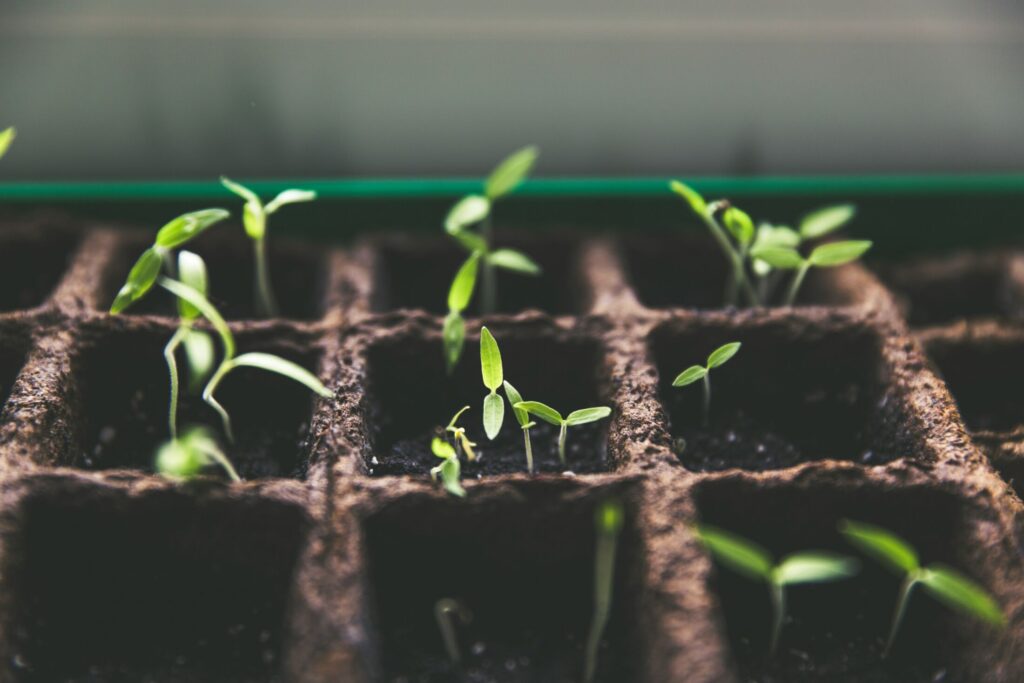
Photo by Markus Spike
When I was younger I was a very judgmental person.
Pretty much anything anyone said or did I’d have a strong opinion about how they could have done that better and the many things wrong with their choices and approach. It was a pretty constant grouch-fest with a strong dash of self-righteousness. But I was also rather shy and kept my opinions pretty much to myself.
For my teen and early adult years, I don’t think I thought much about my judgmental habit. Just how it is. If I had, I would probably have figured, “That’s how it is for everyone all the time. And anyway, everything I think about you is completely justified: It’s my clear observation that you’re pretty much a so-and-so.”
Then I was introduced to Zen meditation and things started to shift. Soon after, I learned about a practice called “labeling” and, wow, I began to see things differently. In labeling (or noting) meditation, you ground on an anchor (e.g. sensations of breath or body, sound) like in most mindfulness meditation. But when the mind does wander off, that’s seen as not a distraction but a powerful practice opportunity. When you find the mind is not on the body or the breath, the invitation is to pause and notice what it is focussed on and meet that knowing with a certain amount of detachment. To simply note what kind of mental something it is, without getting lost in it.
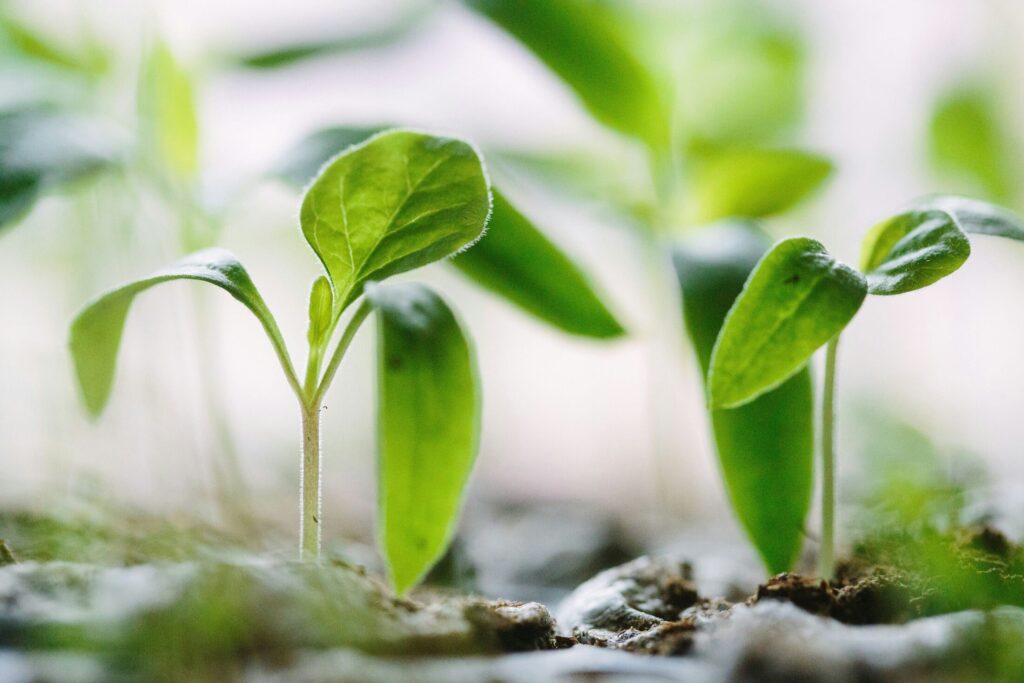
Photo by Francesco Gallarotti
A common example is worrying about a future event. When doing labeling meditation, you do your best not to keep rehearsing what you’ll say to your difficult co-worker at tomorrow’s meeting. Instead, you just mentally note that as ‘worrying’ or ‘future’ or whatever label you choose for that mental experience.
Before learning about labeling, I’d been doing exclusively breath counting meditation and not paying much attention to the ‘distractions’ because, well, that’s what they are, right? I’d just go as strongly and immediately as I could back to the breath. I was trying hard to ‘do it right.’ And this had benefits for me for sure, but there was a lot I was missing at the same time.
When I started doing labeling practice, I was shocked by what I saw in my own mind. The vast majority of places my mind went fit the label ‘judgment’. “Why didn’t so-and-so follow through with that?” “I can’t believe she said that!” “That was really unfair what that teacher did to me!” “What’s wrong with everyone?” Judgment, judgment, judgment. It was a bit overwhelming to take this in.
Extra confusing: This didn’t fit my self-concept at all. I thought of myself as a nice guy. But what kind of nice guy is running around constantly judging like that? Ick. I soon had all kinds of judgments about having so many judgments to deal with, too!
And then in daily life I started noticing something really powerful.
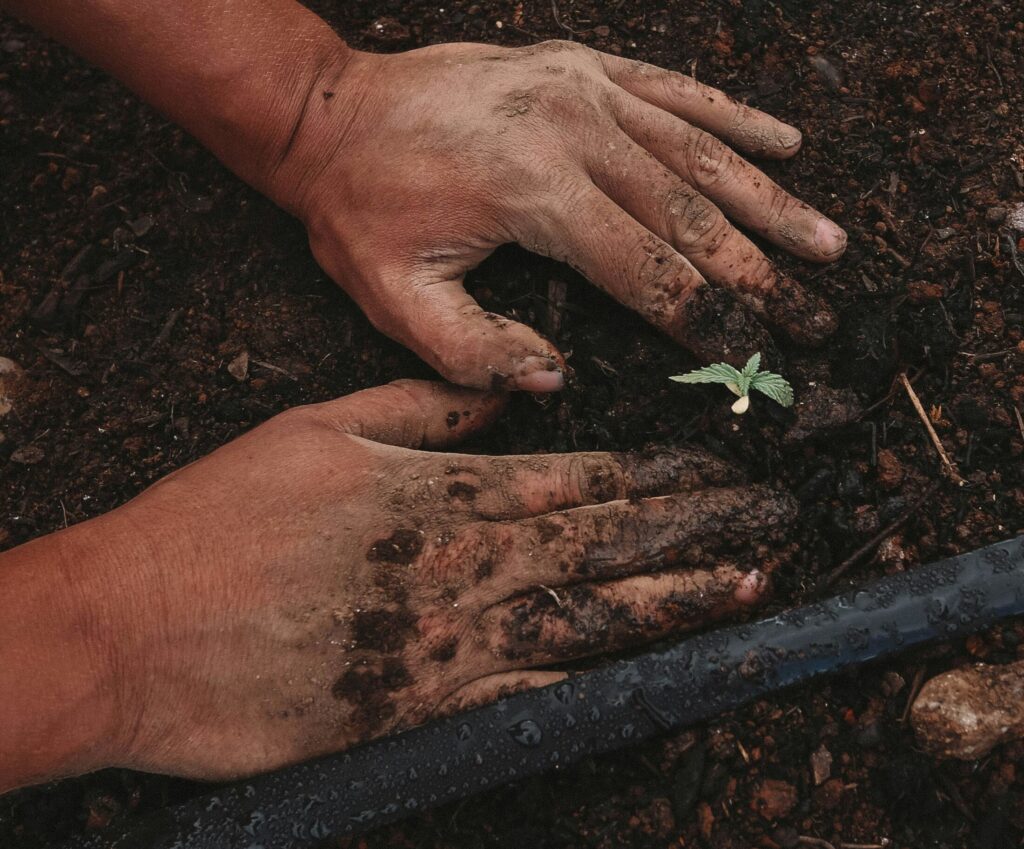
Photo by Greenforce Staffing
When the reflex to judge was triggered, I could sometimes replace the narrative my mind was spinning up about what a bozo this person was and replace it instead with a single word: “judgment.”
I continued like this for some time. Mixing plenty of labeling into my daily practice and noticing more and more that labeling practice isn’t just something to do on the cushion. It was something that was starting to come to mind all the time. It would just pop up like that. I don’t remember trying to remember not to be judgmental.
It’s not like my mind is immune from judgmental thinking now. Just the other day I noticed myself judging other drivers on the freeway. I’m grateful that this happens less and that when it does happen I can usually catch it. Not digging in and justifying myself. Also: I notice more often how unpleasant the constriction and anger that comes with judgment is.
I’ve also learned not to just dismiss judgmental thinking but to take it in as information: Hmm, I wonder why I’m being reactive about this? Is there something here I need to request, or some way I could take better care of myself in this relationship? Judgmental thinking is a form of complaining: We don’t complain unless there’s something wrong even if complaining itself just makes things worse.
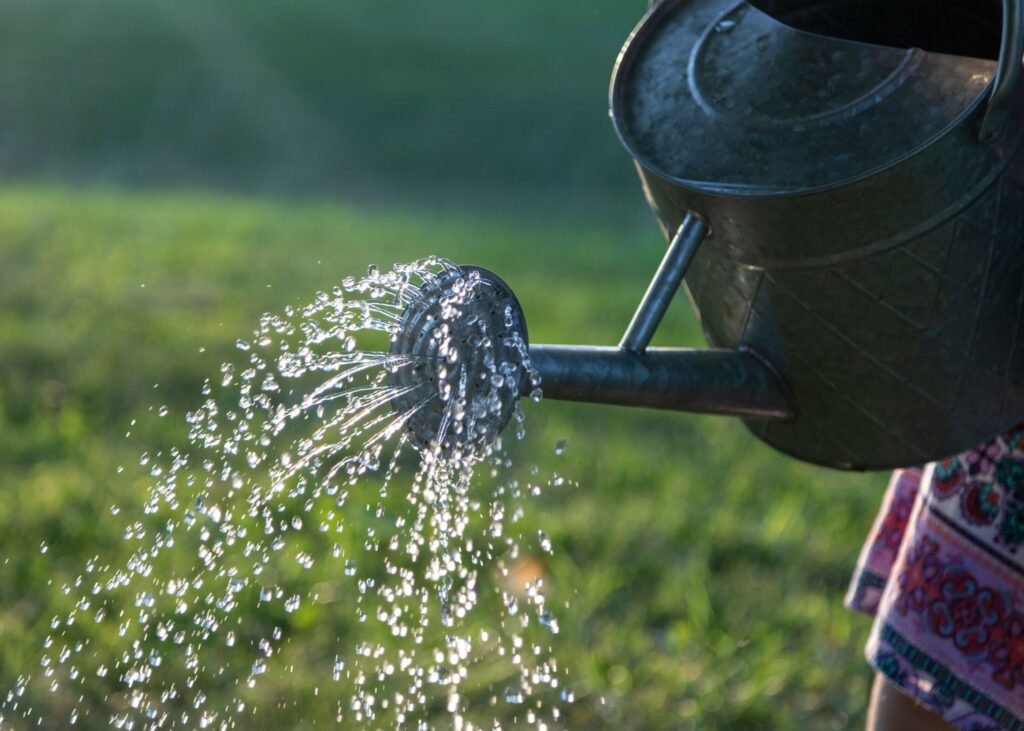
Photo by David Bale
In mindfulness we do talk about tools and skills and techniques to help us work with our minds more skillfully and creatively. But what I’m learning is that these practices of mindfulness are more like planting seeds than like fixing a machine.
I didn’t set out to learn how to be less judgmental. I took up a practice because I was convinced that these practices are valuable and I saw what I saw. Seeds were planted in my mind through my effort. At the time, it was mostly pretty frustrating and a bit upsetting actually: all that judgment! Who knew? But that knowing planted seeds. Seeds of awareness; seeds of potential change.
Then those seeds started germinating. A stranger would cut me off in traffic and rather than going straight to “What an idiot, do you have a death wish?” my mind went to ‘judgment.’ Judgment, judgment, judgment. And that noticing planted more seeds. Seeds of understanding and seeds of compassion, too: I bet he’s pretty stressed out – that’s some rushed driving!
We tend to think in mechanical terms – like we’re rewiring our brains with the tools of mindfulness. That we have to remember to apply these new techniques. That it’s all something we do with our willpower.
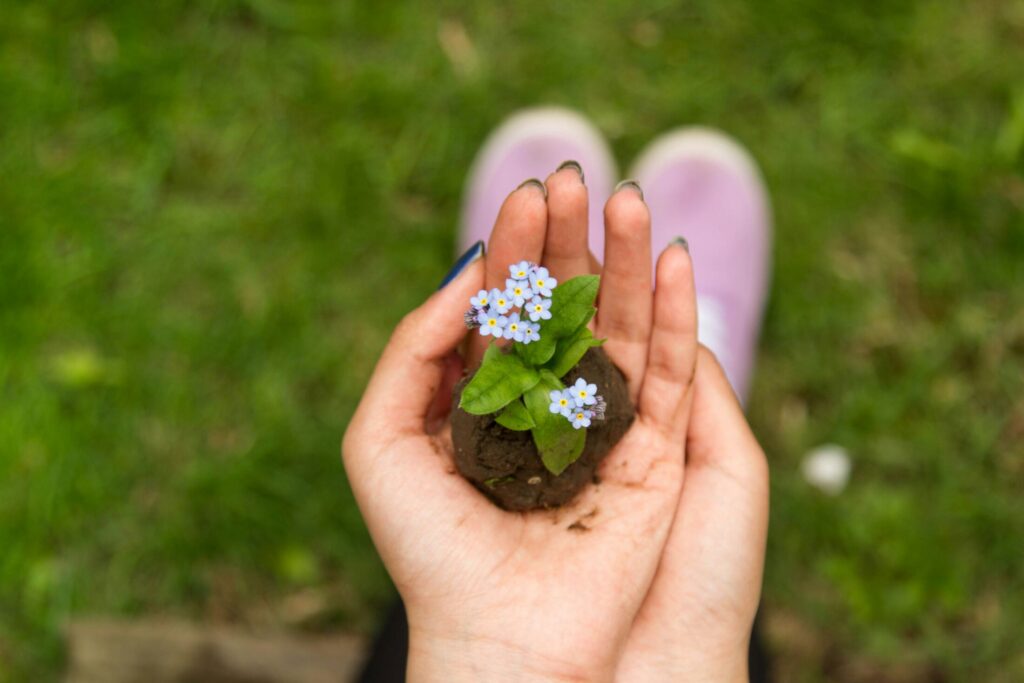
Photo by Hossein Ezzatkhah
But actually I think it’s all a lot more organic in how it actually works. We’re tilling the soil of our hearts, we’re opening to the sun and the rain of a complex world, we’re planting seeds. And we really can’t predict what will grow or how we’ll change as a result.
I encourage you to take up a new practice or two this year and plant some seeds.
I think we do have to be pretty persistent. The results are not immediate, often they aren’t even obvious to us – we’re tumbling around in our familiar craziness and that part of us that doesn’t believe we’ll ever really change tends to keep the blinders on.
But listen to your loved ones and pay attention to what’s happening. You’ll start to see changes – that’s pretty much guaranteed. What kinds of changes they’ll be, though, or the pace they happen at, that’s a mystery we can’t predict. The results of mindfulness tend to be a surprise.
I’m grateful that these surprises are generally good, but they can be challenging, too. Take your time and seek support as you need it. We’re complicated and we hold a lot.
Happy seed planting,
Tim
